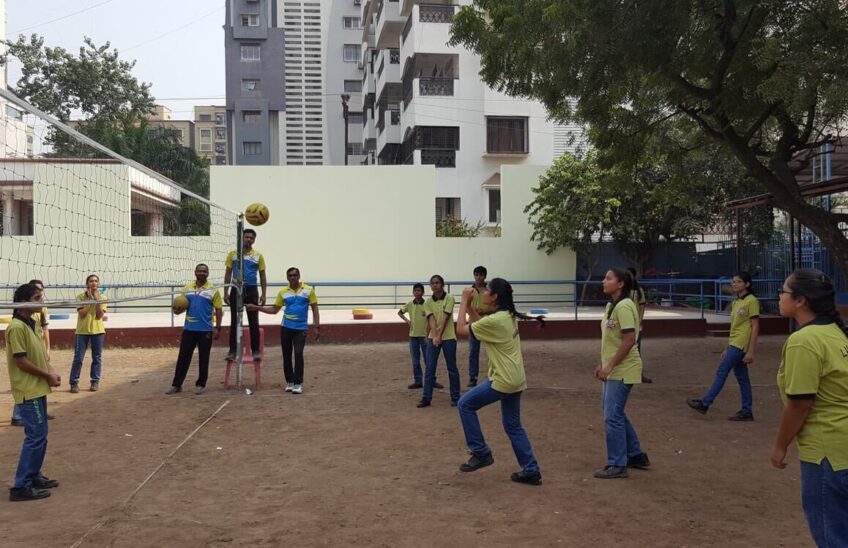
Sports education plays a vital role in fostering discipline and teamwork, especially in CBSE schools in Gujarat, where holistic development is emphasized. Sports programs, set up in an organized way, help students understand the meaning of punctuality to rules, and endurance, which are bases for establishing discipline.
How Does Participating In Sports Teach Students The Value Of Discipline?
Besides learning the value of discipline, sports can help students learn the value of discipline in learning the value of discipline. The discipline in sports is by making consistent effort, obeying rules and regulating yourself. In sports you have to follow a structured training routine which also teaches you time management skills and learn to prioritise your work in a mandatory way.
Moreover, in sports, discipline teaches students to take setbacks and challenges with resilience. These are subjects they learn to control their emotions, defiant when the pressure gets to a point where they can’t lash out but instead maintain composure and channel energy into constructive outcomes instead of destructive ones.
What Lessons Can Students Learn About Teamwork Through Team Sports?
However, team sports can teach students important lessons about teamwork, and skills of importance for a successful personal and professional life. When students participate in team sports they’re learning the value of working together, that success in doing something is not achieved on the backs of title rivals. As they plan, give one another feedback, and organize their movements to complete plays on offense, they learn how to communicate with one another and manage this communication well to accomplish the short and long term goals.
Team sports also teach the other solid lesson students pick up that they can each play, but if they screw up, they’re the one going down. It’s called accountability and shared responsibility. The effect of a team winning or losing is felt by every member, which implies that any achievement of success is always a group affair and any loss is the occasion on which the team grows together.
How Do Sports Activities Improve Communication And Collaboration Skills?
Sports activities significantly enhance interaction and team working skills by necessitating players to engage and cooperate for the good with the bad in agitated and frequently high pressure conditions. In non verbal communication, players need to mix ideas, strategy of feedback with ease in verbal communication, hand signals or body language during games or practice sessions.
Sports petition for collaboration because there it is a shared goal to reach success at team level and teach participants how to coordinate their efforts and capitalize on individual strengths to the benefit of the whole. Students can learn to adjust to the type of role they play according to the team walkthrough.
Why Is Regular Participation In Sports Crucial For Building Leadership Qualities?
Sports help students to build leadership qualities by regular participation in sports, which afford the students opportunity to learn how to make decisions, take responsibility and inspire. As they take the lead and coordinate strategies and motivate teammates, there are leaders in the team sports. And these responsibilities demand players who can reflect and think on their feet, speak their minds and act for the good of the team, as strong leadership would.
Sports teach future leaders also the value of empathy and collaboration. Sports aren’t about dominance, but about leading an environment in which every member is felt and supported. Participation allows students to learn what the strengths of their teammates are, and to leverage them to solve challenges together.
Frequently Asked Questions
Q1.How do GSEB schools ensure a comprehensive education for students?
A. GSEB schools in Surat ensure a comprehensive education by integrating academics, co-curricular activities, and value-based learning, fostering holistic development and equipping students with skills for academic, personal, and professional success.
Q2.What makes a pre-primary school stand out as the best choice for your child?
A. The best pre-primary schools offer a nurturing environment, personalized learning, experienced educators, engaging activities, and a focus on emotional, social, and cognitive development, ensuring a strong foundation for your child’s future.

